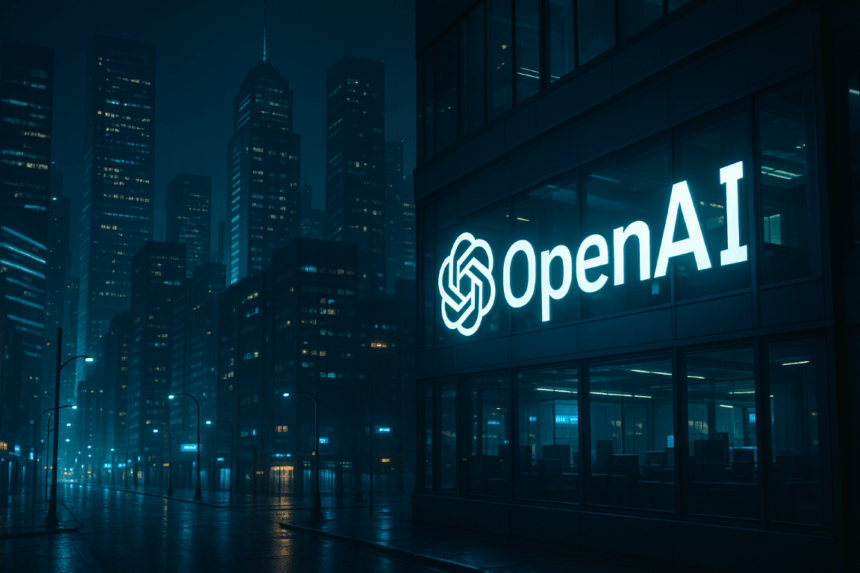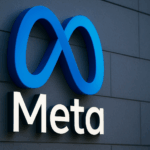OpenAI, the company behind the popular AI platform ChatGPT, has officially started a global rollout of its new group chat functionality. Introduced as an enhancement for collaborative communication, this feature promises to extend the capabilities of ChatGPT by allowing multiple users to engage within a single conversation. This global expansion follows a successful pilot period that provided valuable feedback from early users. OpenAI’s latest development aims to build community interactions around their AI technology, offering a new dimension to digital communication.
OpenAI’s latest group chat feature for ChatGPT is now accessible worldwide after its initial trial in select countries like Japan, New Zealand, South Korea, and Taiwan. During the pilot phase, the unique chat environment offered by this feature was put to the test, gathering insights into its practical utility and user responses. Past evaluations emphasized its potential in establishing a more interactive and collaborative setting for users, distinguishing it from previous standalone chat services.
How Does the New Feature Work?
The group chat enables real-time collaboration among users, who can share the space with ChatGPT, making it an integrated participant in the conversation. Users can include up to 20 individuals in a group chat, enhancing both personal and professional discussions. The AI enhances interaction by adapting to the conversation’s context and adds a layer of AI-driven suggestions. This opens up possibilities for creative project planning, casual meetups, and collaborative decision-making.
What Are the Key Features of This Rollout?
Central to the new group chat feature is the adaptability of ChatGPT to provide context-sensitive responses, fostering a more natural and intuitive conversation flow. OpenAI has emphasized the AI’s capability to understand nuances in group dynamics, enhancing both creative brainstorming and practical planning activities. According to OpenAI, “Group chats are just the beginning of ChatGPT becoming a shared space to collaborate and interact with others.”
The new feature also ensures privacy and manages the dynamic nature of group interaction by allowing modifications in group membership and distinguishing group chats from private dialogues. With the implementation of GPT-5.1, the responses are expected to become more precise, selecting the optimal model automatically. OpenAI noted,
“As ChatGPT becomes an even better partner in group conversations, it will help you spark ideas, make decisions, and express your creativity with the people who matter most in your life.”
Users can expect enhanced communication and collaboration potential as they explore different applications of the feature.
The upcoming developments could focus on further finetuning the feature based on real-world user experiences and evolving its application scope. Additional utilities could emerge across different fields such as education, where collaborative learning can take on a new form with AI support, or in workplaces facilitating remote teamwork efficiently.
This global rollout of the group chat feature signifies OpenAI’s strategic approach to incorporate AI in everyday communications, bridging technological advancements with practical user needs. By expanding ChatGPT’s functionality, OpenAI is opting to enhance digital interactions without significantly transforming their communication paradigms. This approach introduces advanced AI capabilities while retaining familiar interaction patterns.
Three main points summarize: OpenAI’s global launch of ChatGPT group chat, it fosters collaboration, including up to 20 users, and enriches communication with GPT-5.1 advancements, improving user engagement.










